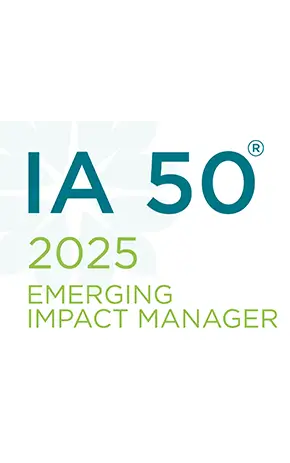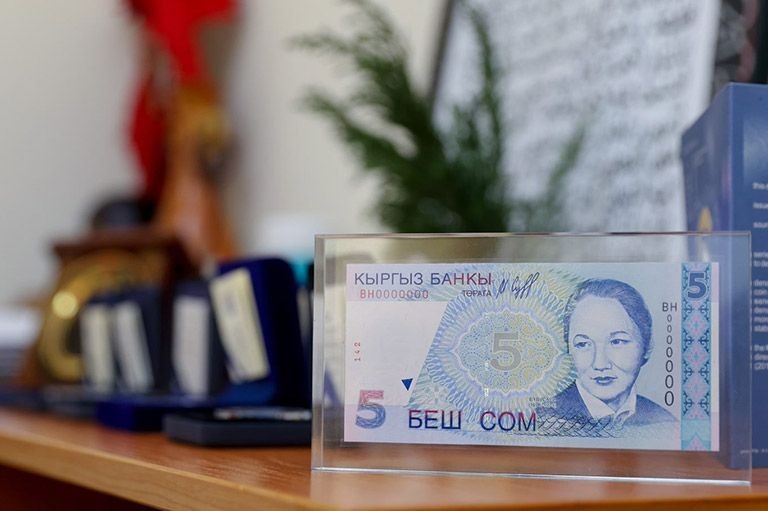
In Spring 2023 the Senior Management Team (SMT) traveled to Bishkek, Kyrgyzstan where they had the opportunity to meet the regional team responsible for the EECCA region (Eastern Europe, Caucasus, Central Asia, and Mongolia).
Kyrgyzstan is a landlocked country in Central Asia, with a population of around 7 million people, the majority of whom live in rural areas. Its capital city is Bishkek, which also happens to be the largest city in the country. Kyrgyzstan’s economy is heavily reliant on agriculture, particularly livestock farming. Other important industries include mining, hydropower, and tourism. Kyrgyz culture is heavily influenced by nomadic traditions, with many Kyrgyz still leading a semi-nomadic lifestyle. Traditional crafts such as felt making, weaving, and embroidery are also important to the country’s cultural heritage.
The microfinance sector in Kyrgyzstan has grown significantly since the country gained independence from the Soviet Union in 1991. Microfinance institutions (MFIs) provide small loans to low-income individuals and small businesses who often lack access to traditional banking services.
MFIs are regulated by the National Bank of the Kyrgyz Republic (NBKR). The sector is quite diverse, with a mix of local and international MFIs operating in the country. Some of the largest MFIs in Kyrgyzstan include Kompanion Bank, FINCA Bank Kyrgyzstan, and Bai-Tushum Bank.
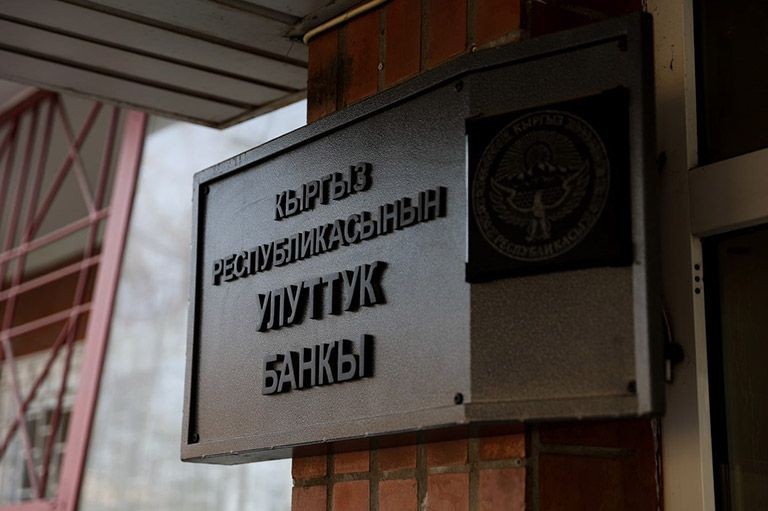
Microfinance has played an important role in supporting economic development in Kyrgyzstan, particularly in rural areas. Many MFIs also provide training and support to help borrowers develop their businesses and improve their financial literacy. However, the microfinance sector in Kyrgyzstan has faced challenges in recent years, including high levels of indebtedness among borrowers and concerns about over-indebtedness. There have also been instances of abusive lending practices by some MFIs, leading to calls for stronger consumer protection measures. The government and regulatory authorities have taken steps to address these issues, including introducing new regulations to improve transparency and protect borrowers’ rights.
For some of the MFIs that the SMT visited, EQ was one of the first foreign lenders, which in turn, opened doors for lending by local banks or other foreign lenders with decent rates.
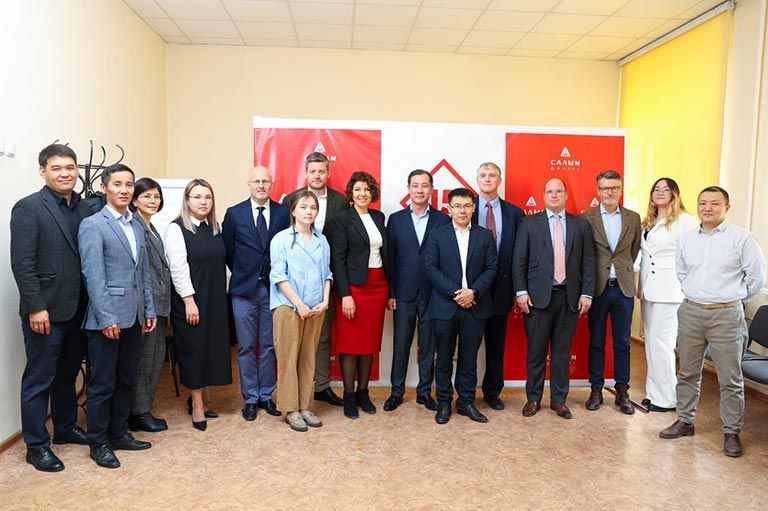
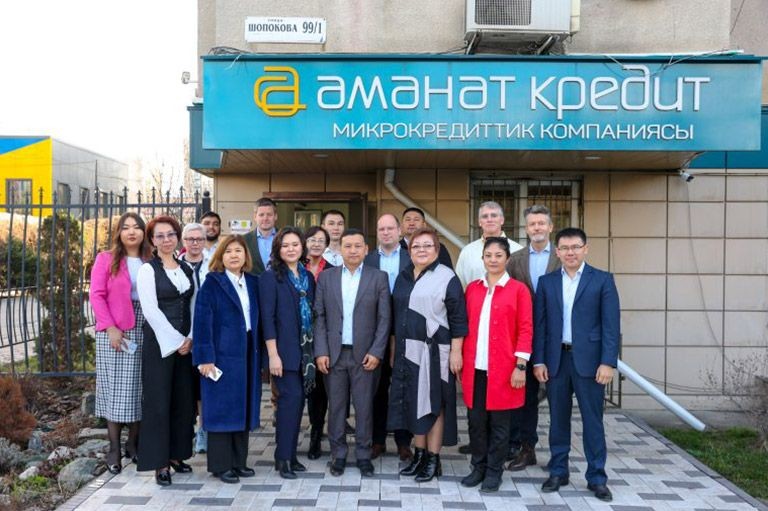
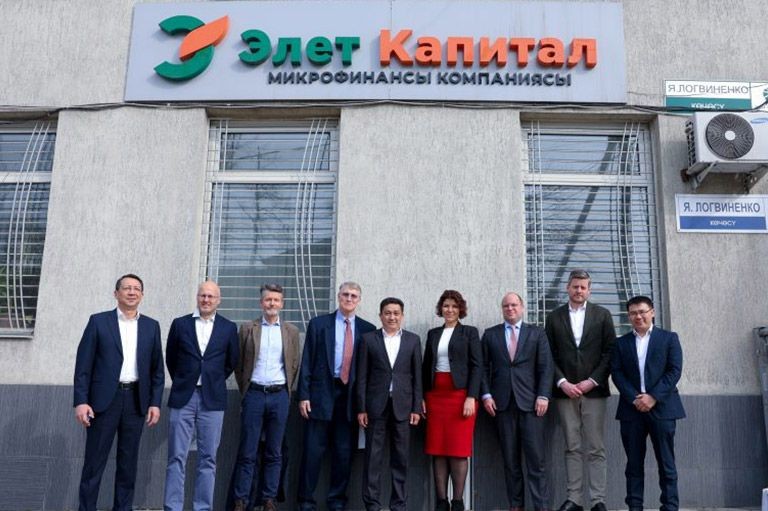
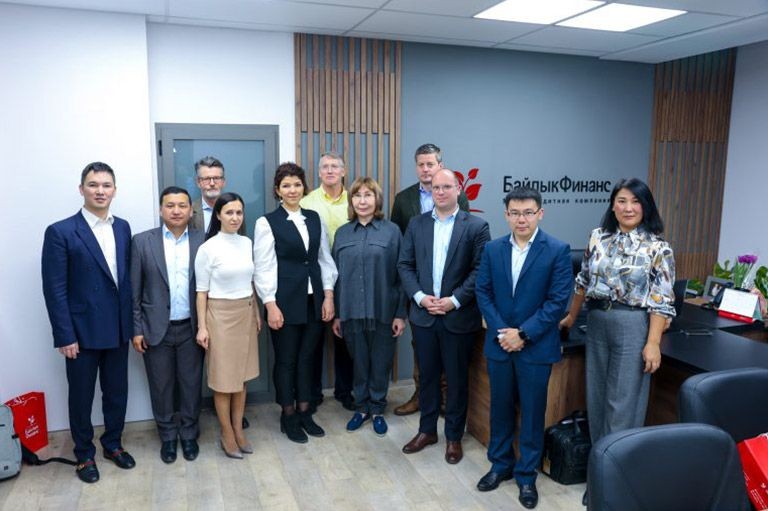
Kyrgyzstan is striving to position itself as a hub for finance, banking, and tourism, as Switzerland has successfully done, and is looking to learn from Switzerland’s experience and best practices in those areas. The SMT identified plenty of growth opportunities to include and support today’s excluded local micro-entrepreneurs.
The preconditions are good because Kyrgyzstan has a supportive regulatory environment for the microfinance industry, with a robust microfinance association dedicated to facilitating healthy growth and transparency in the sector.
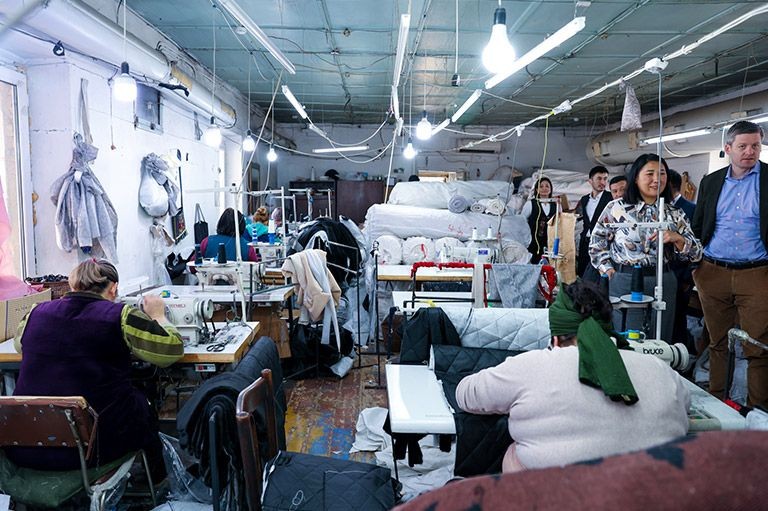
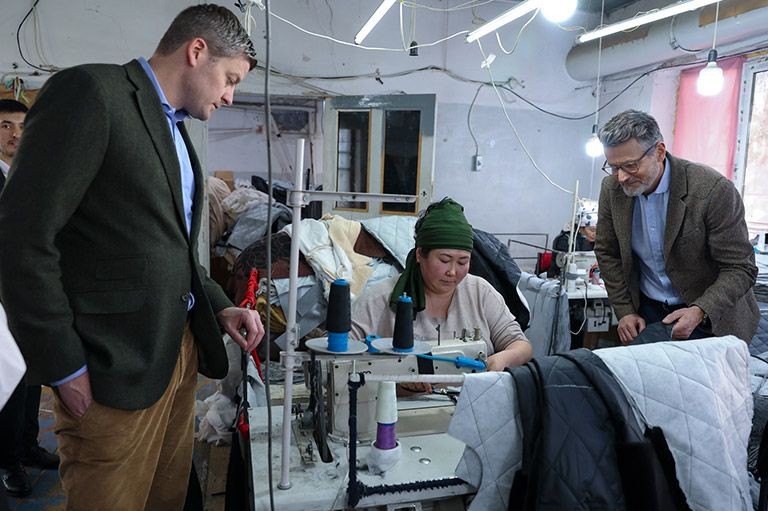
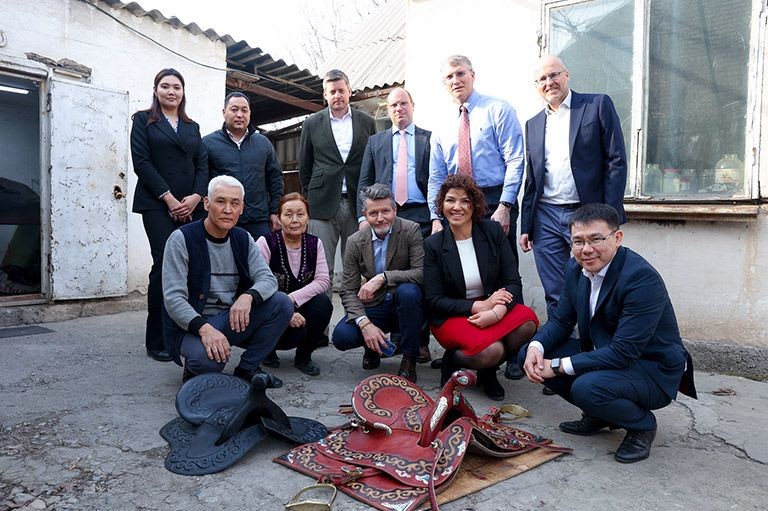
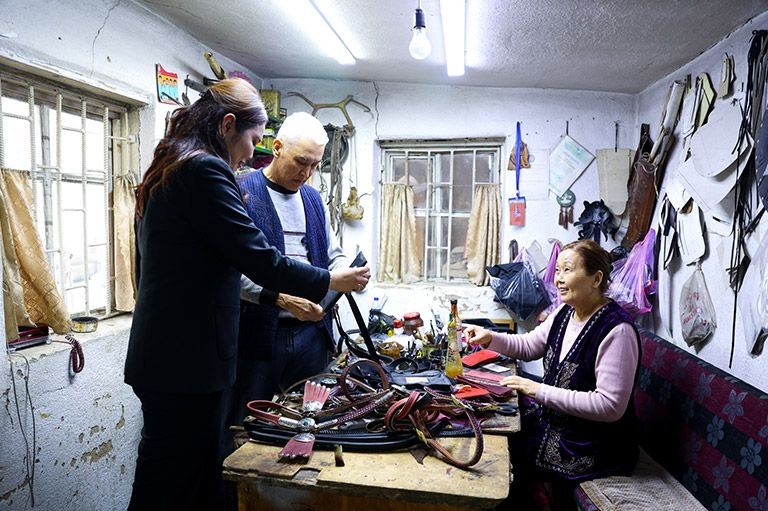
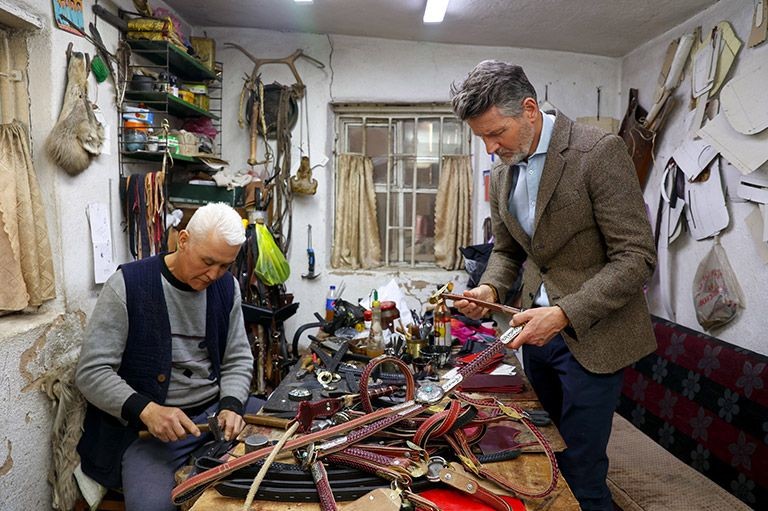
Remo Oswald (Co-Founder & Managing Partner): Our Bishkek team is exceptional, possessing a deep understanding of the local microfinance industry and an outstanding reputation. Our presence and commitment provided additional assurance to borrowers of EQ for the region’s significance. The MFIs appreciated the personal visit and support of their microfinance industry. To express our gratitude, the SMT hosted a dinner attended by several CEOs of the local microfinance institutions, where we shared common values and learned from each other to foster the stable growth of the microfinance industry.
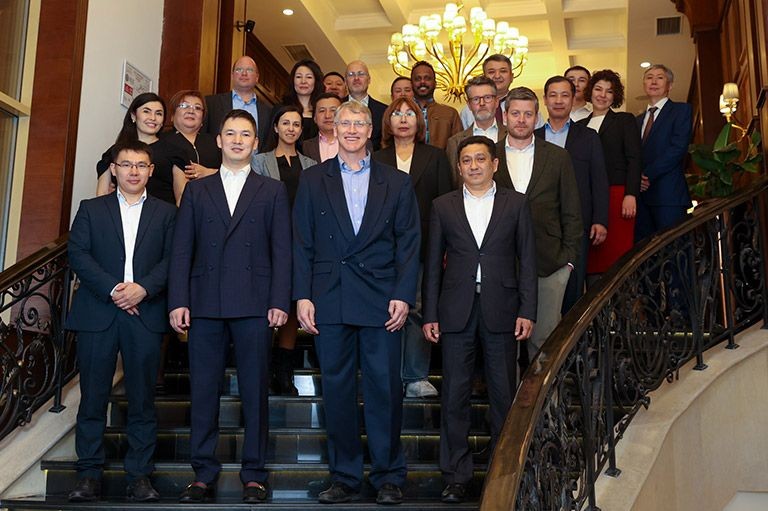
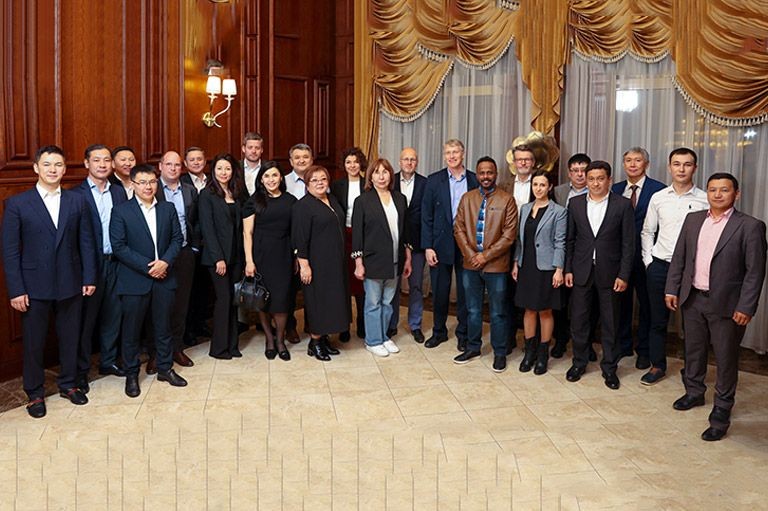
Roger Müller (Co-Founder & Managing Partner): During this trip, we had the opportunity of meeting with the regulators as well as the Kyrgyz Microfinance Association. We discussed how we can further develop the Kyrgyz microfinance market together and other interesting projects such as the ways in which the IMF has helped them issue green lending products to their clients. This Initiative helped the micro-borrowers to get cheaper funding to improve the insulation in their house or add even solar panels to reduce CO2 emission
It was encouraging for the SMT to observe that not only Kyrgyzstan, but also the entire region encompassing Uzbekistan, Kazakhstan, and Tajikistan, is thriving despite the challenges stemming from the Ukraine invasion. They eagerly anticipate collaboration with the MFIs in this area to extend their assistance to the financially excluded.


